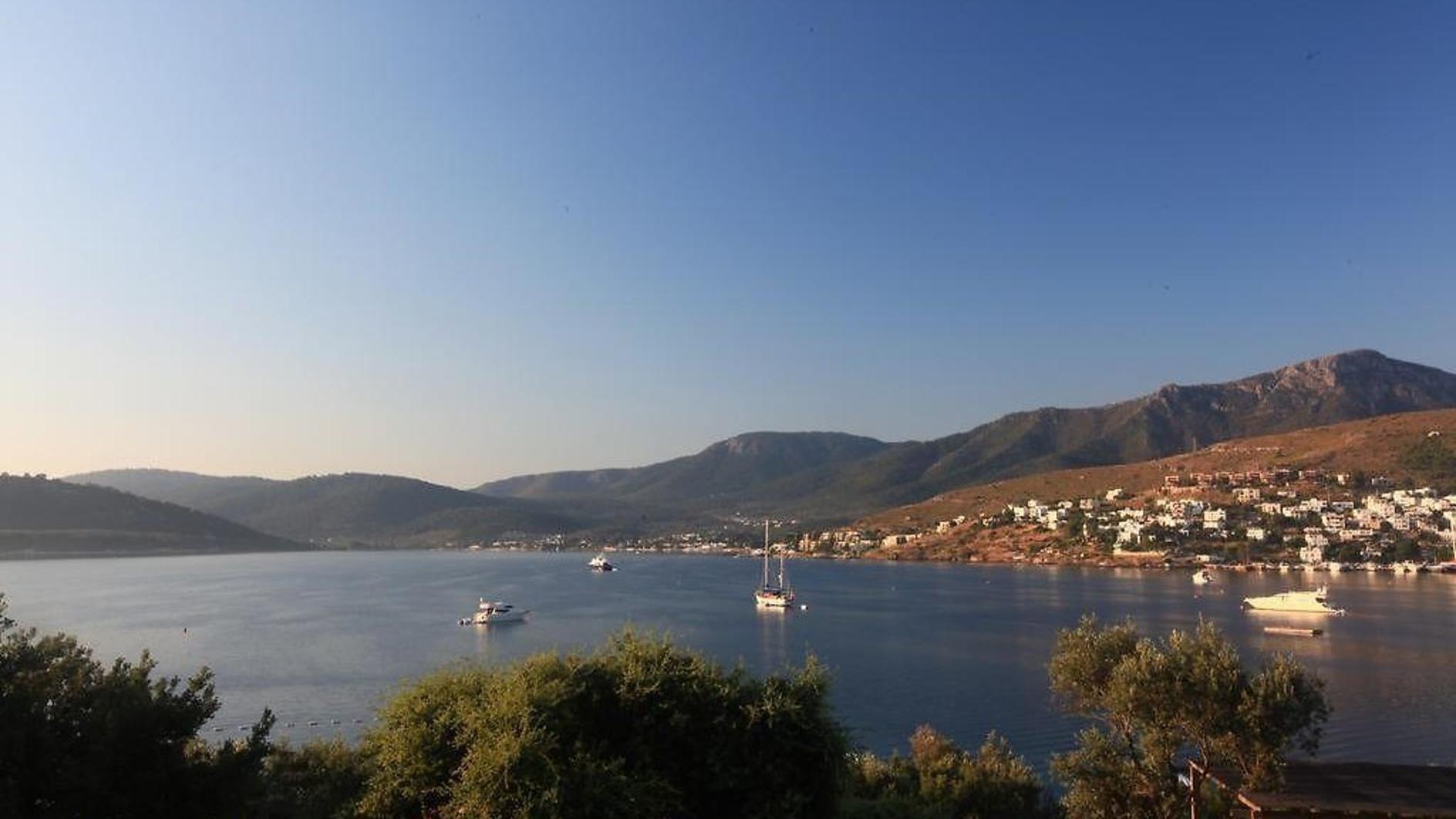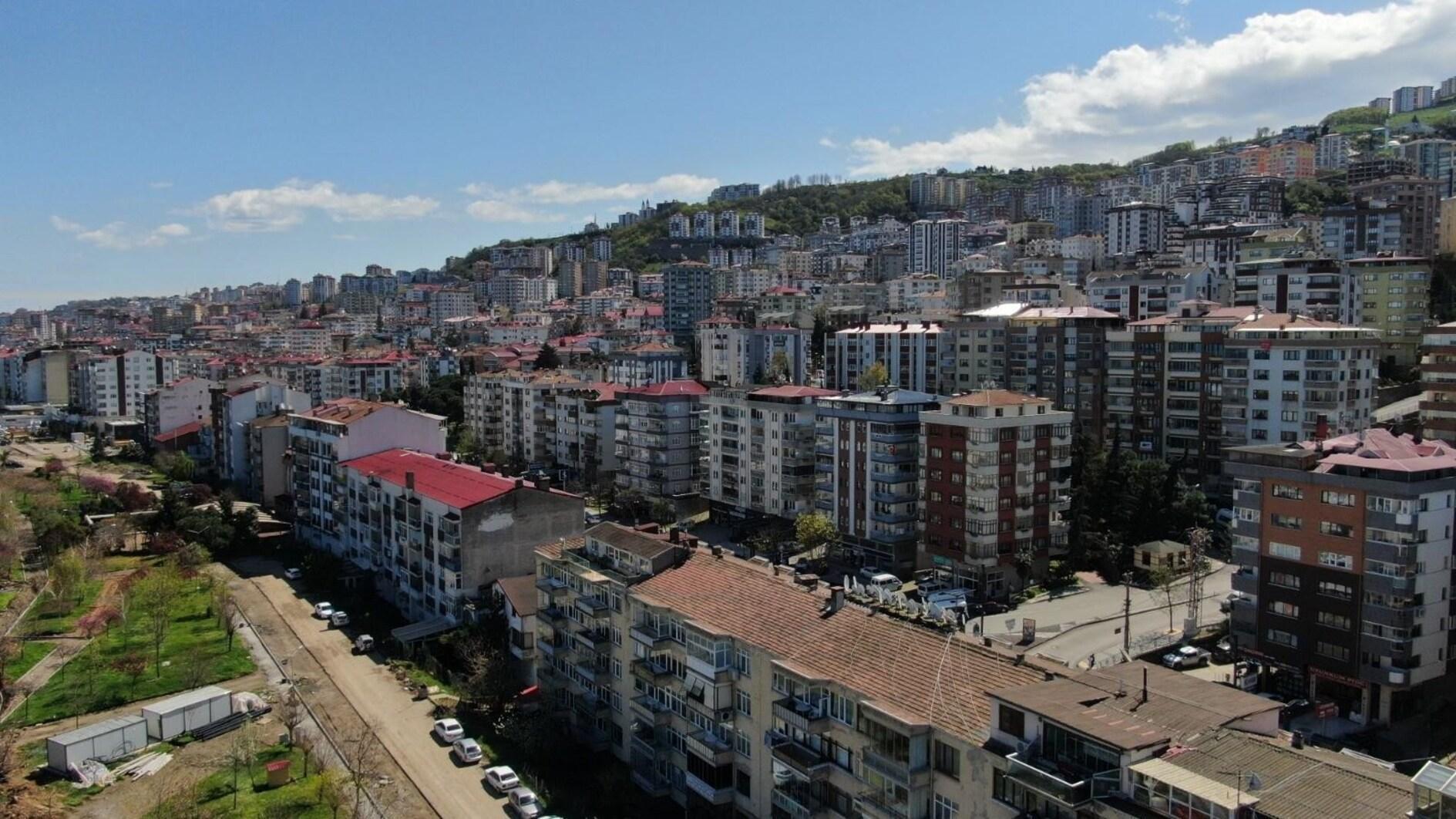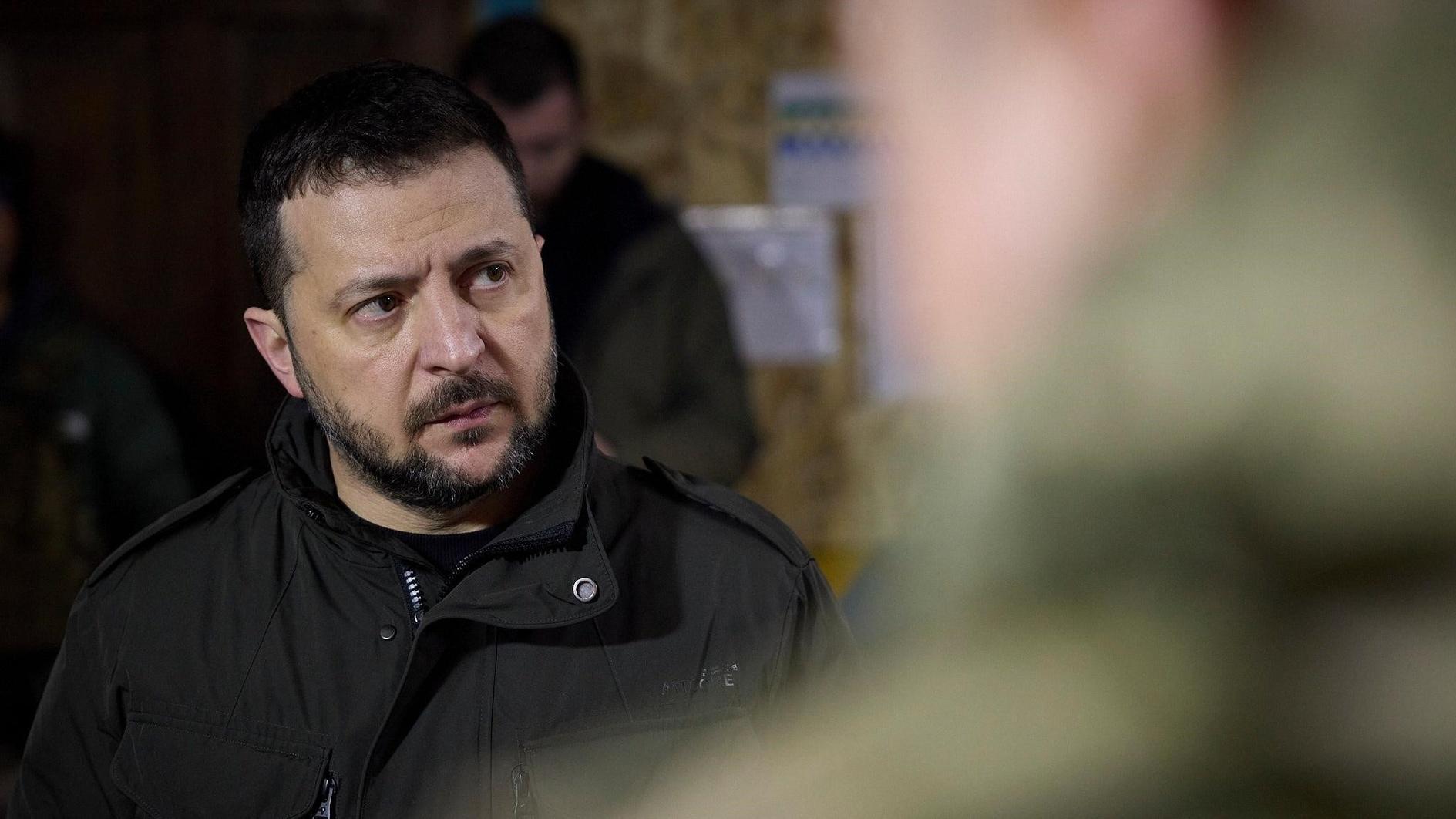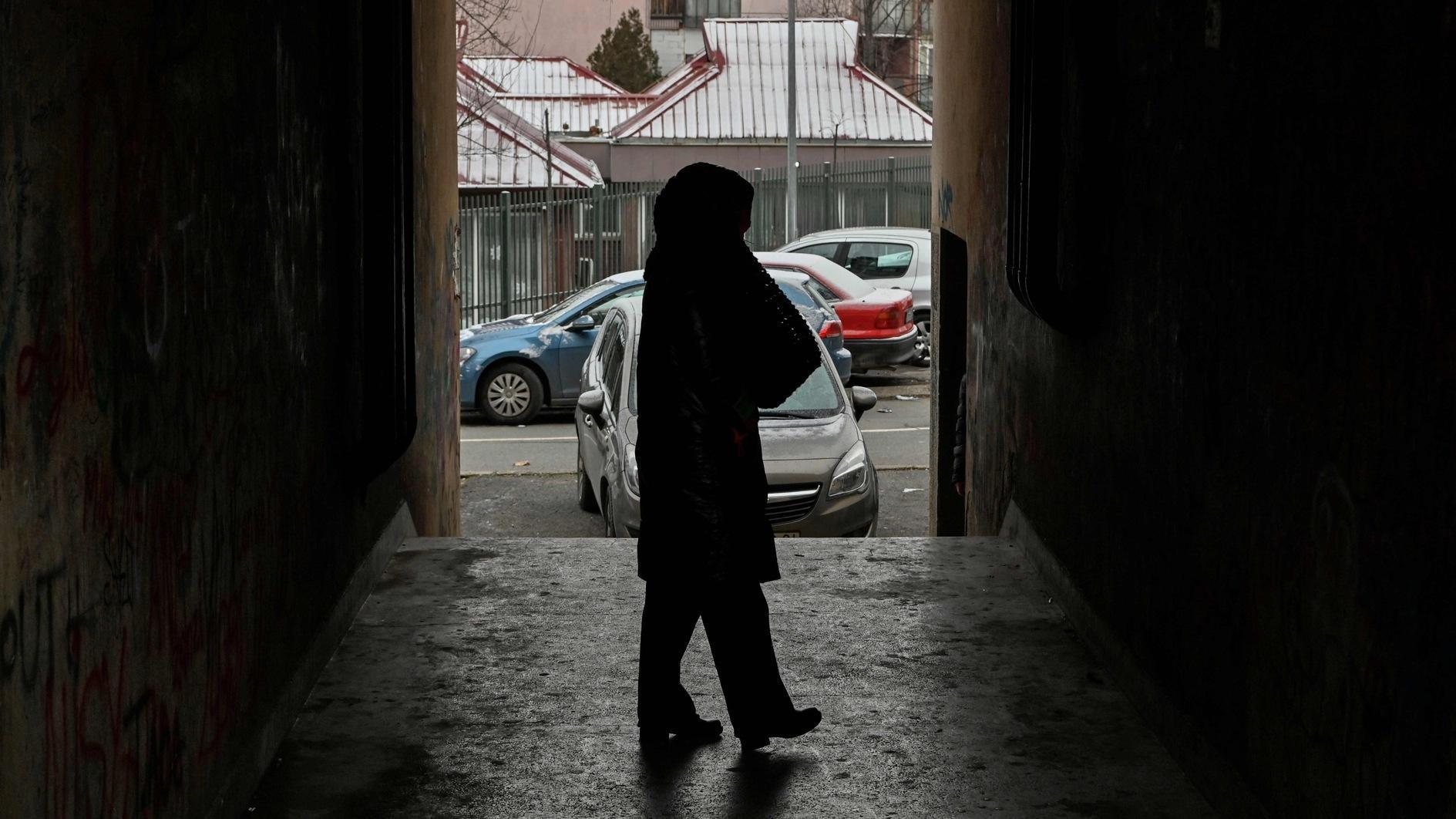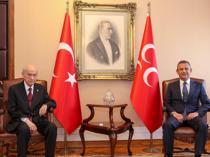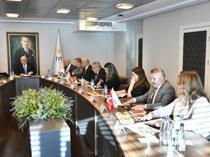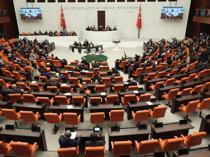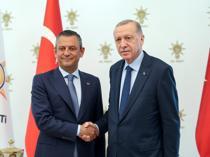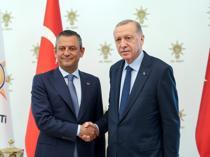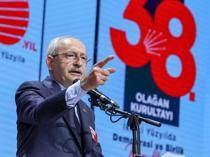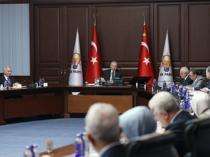Consensus a must for new charter, says Gül
ANKARA - Hürriyet Daily News

Underlining the importance of broad participation in the constitution-writing process, which he says should be carried out through dialogue between the four political parties, Gül tells a charter panel: ‘The new blueprint must hold a common seal.’ AA Photo
Reaching consensus on the content of the new charter, which would hold the “common seal” of four political parties, is a must for the new constitution, the head of the nation has warned, urging parties not to cast a shadow over the charter process by introducing new debate issues like a presidential system.“Incorrectness of just one party’s engagement to write the constitution has been proven,” President Abdullah Gül told Parliament’s Constitution Conciliation Commission members who briefed him about the work of the commission June 11, the Hürriyet Daily News has learned. Gül recalled the ruling Justice and Development Party (AKP) had launched a process on its own to rewrite the constitution after the 2007 general elections, which later failed due to a lack of consensus.
Underlining the importance of broad participation in the constitution-writing process, which he said should be carried out through dialogue between the four political parties, Gül told them “the new blueprint should hold a common seal.”
Members of the commission have begun their tour to the president and political party leaders to brief them about the results so far of their work, which entered into the second phase May 1. The commission will visit Prime Minister Recep Tayyip Erdoğan and the ruling AKP today and main opposition Republican People’s Party (CHP) leader Kemal Kılıçdaroğlu on June 18.
“Our president is closely following the process. He expressed his full support of the process and promised to support our work,” Parliamentary Speaker Cemil Çiçek told reporters after the meeting.
Gül expressed his satisfaction with the commission’s performance so far but did not hesitate to urge them for future phases of the process. The expectations for the new constitution have been very high in society and disappointment in this process would bring about serious consequences not only for today but for the future as well, he said. “A failure in this process would also break popular support for future attempts. You have the responsibility of concluding this process,” Gül said, but also touched on the roles leaders of the political parties should play.
“Leaders should also support this process and also watch out for political language. Unfortunately, there was a problem there. If only leaders would come together and agree on the style,” Gül said.
He also said the commission members should seek common points on general terms instead of details. “The new constitution should be based on a structure of democracy, secularism and rule of law. The state’s principle of continuity should be preserved. If we try to seek agreement over details, we cannot get anywhere. It is better for you to focus on general terms.”
Warnings over presidential system debate
According to a CHP member of the commission, Atilla Kart, who complained about the government’s effort to impose the discussion of replacing the current system with a presidential or semi-presidential system, Gül also indirectly raised the issue when he delivered a message stating that the system-change debate should not cast a shadow on the new constitution.
Referring to long enduring discussions over Turkey’s accession to the European Union, Gül said: “The advantages and disadvantages of Turkish accession have been analyzed in-depth. Only after these discussions has Turkey’s accession process been approved in our country.” Likening discussions on Turkey’s EU process with the current debate on a presidential system, Gül urged that “these kinds of very important issues should not be discussed simultaneously.”
Çiçek, in an interview with A Haber, said the president indirectly touched on the discussions about a presidential system. “He did not name this but he said decisions on very important issues should be made after serious, scientific studies. There are more important issues these four parties will discuss about the new constitution was his advice.”
Kart said more moderate political language was needed for a healthier climate, saying this was crucial for a charter embracing the entire nation. “The 1961 constitution was a good one but could not be permanent due to the isolation of the Democrat Party from the process,” he said.
Special-authority courts also on the agenda
Altan Tan, from the Peace and Democracy Party (BDP), criticized ongoing operations against elected mayors and party officials as part of the Kurdistan Communities Union (KCK) prosecution and complained about the functions of the special-authority courts. According to Tan, Gül agreed with Tan about these courts, saying: “I expressed my concerns during the legislation of these courts.” Gül also advised the government to catch up with global developments in judicial systems.
In the meantime, Süheyl Batum, a CHP member of the commission, refused to visit Gül on the grounds that the president was not the part of the constitution-making process.


